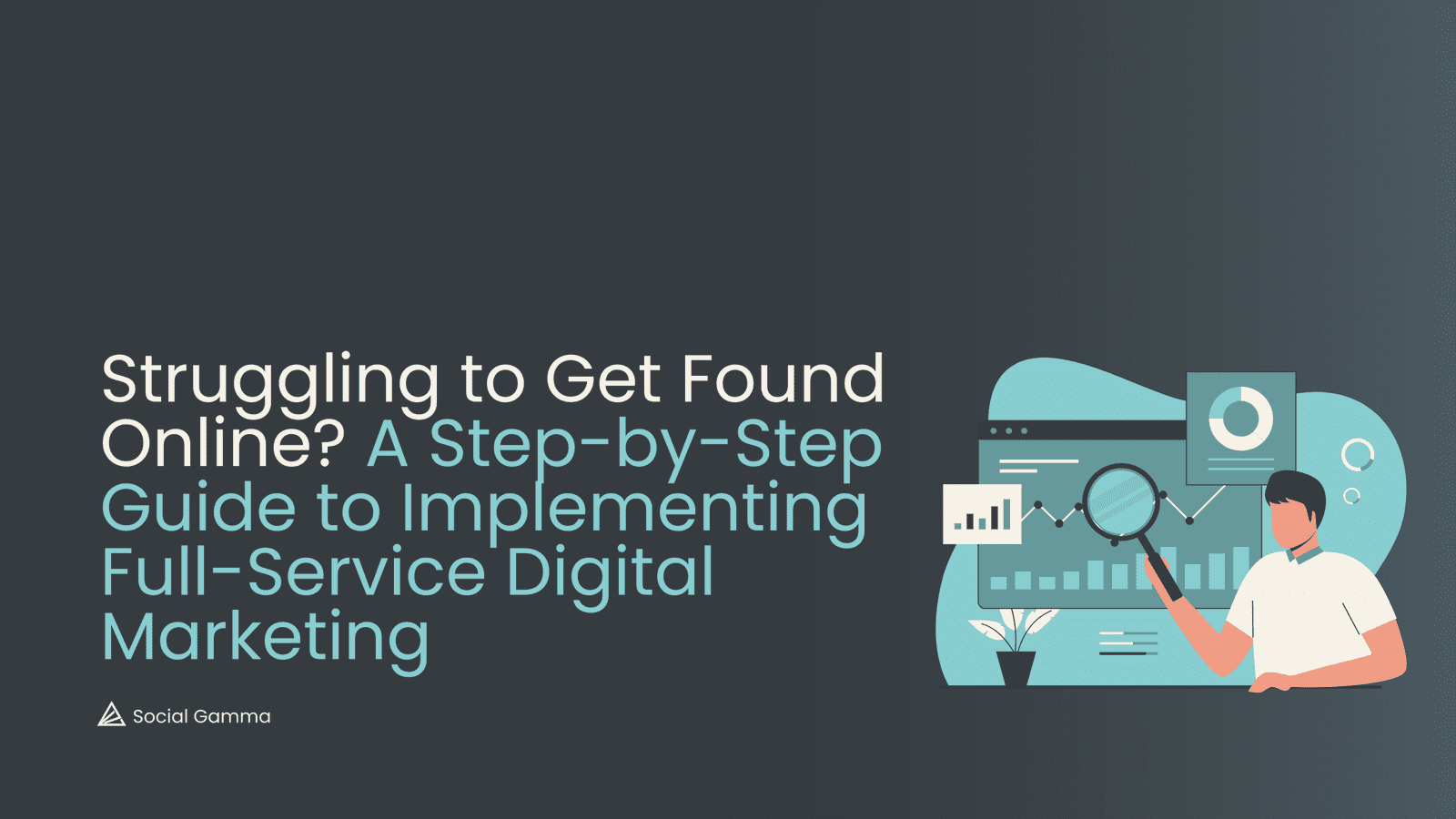Discussion of ChatGPT is all the rage right now, with many wondering if it will automate the jobs of copywriters. This can be perceived as either an opportunity to enhance the speed of copy production, or a threat which will make copywriters unemployed. For businesses though, understanding this technology and its limitations could have significant consequences for cost reduction, enhancing return on investment and minimising unnecessary staffing.
Contents
What is ChatGPT
ChatGPT is an artificial intelligence that uses a large language model, so it can create conversational content based on the inputs and requests of users. This means depending on the inputs the interface receives, it can generate copy which has varying levels of believability to have been made by a human.
This enables the artificial intelligence to generate subject-specific copy based on the information it is given, as well as the parameters outlined by a user.
How is this useful
This capability can be useful for a variety of industries, such as the legal profession. This is because it can efficiently summarise large amounts of documents, as well as draft a variety of document types. This means that tasks which are currently time-consuming and repetitive can be automated, freeing up time for staff to work on activities that cannot be automated or require human oversight.
This gives companies lots of opportunities, where they can increase the availability and flexibility of teams to focus on tasks which help their business grow. This creates more time to focus on strategy, delivery and importantly, client satisfaction.
Don’t believe the hype
The concern for many copywriters has been that they will be made unemployed due to this technologies development. Although this can be understood due to the increased discussion of the technology, there is still a fundamental problem with the artificial intelligence interface.
Original thought is the key factor which helps copywriters produce good copy, which is something systems like ChatGPT don’t have. This requires knowledge on the part of copywriters, who build content strategies based on data, intuition and experience which artificial intelligence doesn’t have access to, at least not yet anyway.
For businesses, this could mean reducing the workload of copywriters, but not eliminating them. This is because they are needed for the original thought necessary to create captivating slogans and copy, which effectively persuades audiences to buy a product or service, uses the right tone of voice and brand identity.
For companies that use a content strategy to make the most of ChatGPT, they will need to provide time for existing copywriters to work out how the artificial intelligence can enhance their business workflows, whilst not compromising on quality.
What does this mean for brands and copywriters
Although ChatGPT is powerful and could be a great tool in addition to copywriters, it’s not yet at the stage of being able to replace them. This is good news for copywriters because they won’t be losing their job, and the automation of time-consuming tasks can help them spend more time on the most important parts of their role.
So while it’s great to see the growth of automation and its adoption into business processes to enhance digital marketing, it’s far from where it needs to be independently reliable.
Do you want to know more?
If you found this article interesting and useful, follow us on our social media channels to stay updated with our weekly digital marketing insights.
If you want to learn more about our services or contact us, please follow this link to our website http://socialgamma.com/contact-us/ or send us an email at hello@socialgamma.com.
To find us on social media:
Follow us on LinkedIn: https://www.linkedin.com/company/socialgamma/
Follow us on Instagram: @socialgamma
Follow us on Twitter: @social_gamma
Like us on Facebook: @socialgamma


